Easy to get infected with parasites because of familiar food
Recently, many hospitals have received cases of liver fluke and parasite infections due to living habits and eating raw food that does not ensure food safety.
For the past few years, Mr. NHM (43 years old, Dan Phuong district, Hanoi) has had itchy rashes with red rashes scattered all over his body. Although Mr. NHM has been treated with antibiotics many times, it has not improved. Recently, his itchy rashes have become more severe, and he has had a poor appetite. Worried about these unusual signs, he went to Dang Van Ngu Hospital (National Institute of Malaria - Parasitology - Entomology) for examination.
Mr. M. said that he does not have the habit of eating raw meat or salad, but often eats raw vegetables. After being ordered by doctors to do blood tests and IgG antibodies against dog and cat roundworms, the results showed that Mr. M. was diagnosed with visceral roundworm disease.
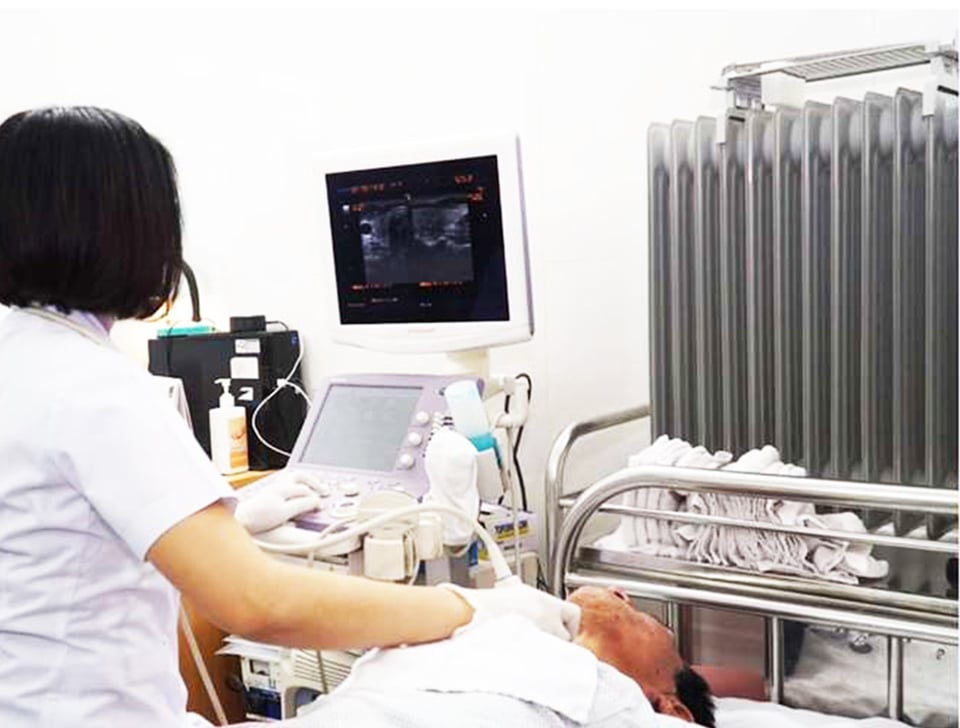
Although people's living conditions and hygiene are improving, parasitic infections are still a disease burden. As a medical facility specializing in parasitology, doctors at Dang Van Ngu Hospital regularly receive patients infected with multiple types of worms at the same time such as liver flukes, dog and cat roundworms, eelworms, tapeworms, etc. Most patients are infected with worms through food.
Among them, patient PTD (27 years old, Lang Son) was diagnosed by a local doctor with liver damage suspected to be caused by parasites. Doctor of Dang Van Ngu Hospital concluded that the patient had giant liver fluke.
The female patient shared that she has a habit of eating raw vegetables, especially fish mint and lettuce. When preparing raw vegetables, she often washes them thoroughly and soaks them in salt water. Therefore, she was surprised that she washed the vegetables very thoroughly but still got infected with parasites.
Or the case of Ms. NTH L, 38 years old, living in Hanoi, went to Medlatec General Hospital (Hanoi) for a routine health check. She was surprised to discover that she had a parasite, the cause of the disease stemming from an unintentional daily habit.
Ms. H. said that she has a habit of eating raw vegetables and is often in contact with dogs and cats. The test for worms showed positive results for roundworms, roundworms, strongyloides, dog and cat roundworms, large liver flukes and small liver flukes. The patient was diagnosed with liver, spleen and lung damage, and was monitored for parasites. After that, the patient was consulted and treated as an outpatient at the Central Hospital for Tropical Diseases to avoid possible complications.
Eat cooked food, drink boiled water to prevent diseases caused by worms.
Dr. Tran Huy Tho - Permanent Deputy Director of Dang Van Ngu Hospital said that liver flukes and liver flukes causing liver abscesses are quite common in Vietnam. Currently, many people are unknowingly bringing liver flukes into their bodies just because of their favorite dishes. People are infected with liver flukes due to eating and drinking contaminated with eggs or cyst larvae in raw water, fish salad, raw shrimp with mustard, vegetables growing in water that have not been washed properly...
When the larvae penetrate the liver tissue, the young worms develop into adult worms, laying eggs in the bile duct. The eggs are excreted in the feces, encountering freshwater environments in rivers, streams, ponds, etc., and grow in a new cycle.
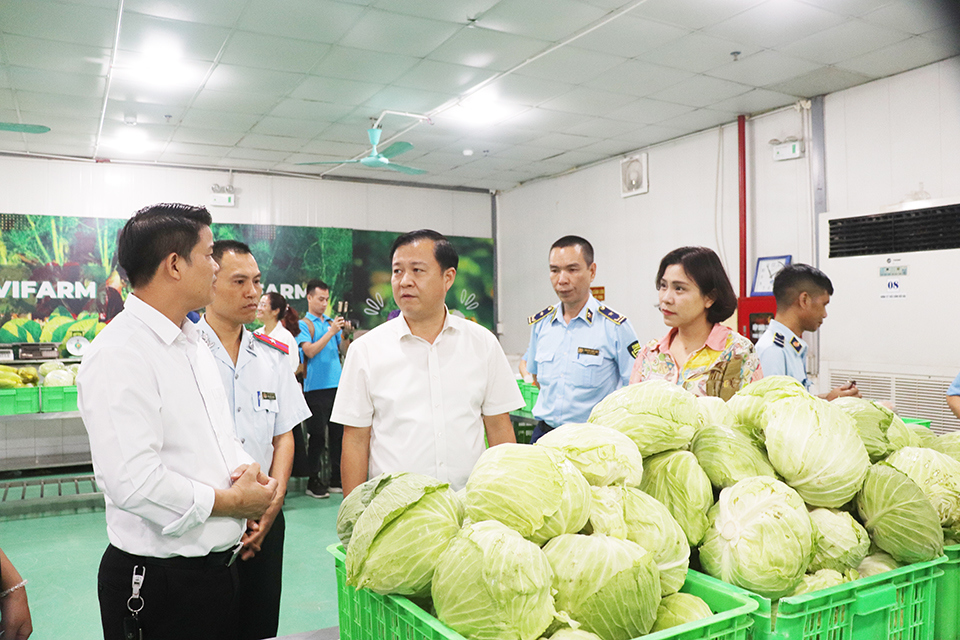
Patients with liver flukes often have symptoms of pain in the liver area, rash, digestive disorders, even biliary obstruction, cholestasis, and jaundice. If not diagnosed and treated promptly, the patient will develop anemia, liver fibrosis, portal hypertension, and gradual exhaustion.
Dr. Tran Huy Tho also said that the habit of eating raw vegetables and drinking water from ponds and lakes is one of the causes of worm and parasite infections. In fact, many people have the habit of soaking raw vegetables in salt water to kill worms and parasites. But this is an incorrect understanding. Soaking vegetables in salt water is not to sterilize vegetables, the main purpose is to create an environment for worm and parasite eggs to float.
Experts recommend that people limit eating raw vegetables; they should eat cooked food and drink boiled water. In particular, each family should avoid eating raw vegetables grown in water such as celery, Vietnamese coriander, watercress, lotus root, etc.
Regarding this issue, a representative of the Hanoi Food Safety and Hygiene Department recommends that when buying vegetables, people should choose fresh, intact vegetables that are not scratched, crushed or wilted; choose products with hygienic packaging, containers, and straps; and have clear origin...
To prevent diseases caused by worms, health experts also note that people should not eat undercooked fish and snails in any form. At the same time, wash your hands before eating, preparing food; after using the toilet, contact with feces, waste, etc.
In addition, families should keep their living environment clean, eat hygienically; limit free-range pigs; if raising pigs, they must comply with the procedures for handling manure, or separate the raising area from the living environment; and deworm every 6 months. If suspected of infection, the patient must go to a medical facility for examination, diagnosis and timely treatment.
Eating raw or undercooked food is the cause of worms entering the body. Then, they can move through the blood to the brain, muscles and cause disease.
If the worm resides in the brain (common in 60-96% of cases), it can lead to neurological diseases such as headache (48.4%), epilepsy (6.2%), mental disorders (5.2%), visual disorders (15.6%), physical weakness - memory loss (28.1%), muscle spasms (34.3%). In addition, the subcutaneous and intramuscular larval form accounts for 18.57%, mainly in the diaphragm, tongue muscles, deltoid muscles, trunk, limbs and neck, and under the scalp.
Doctor Le Van Thieu - Department of General Infection, Central Hospital for Tropical Diseases
Source: https://kinhtedothi.vn/nhiem-ky-sinh-trung-do-thoi-quen-an-thuc-pham-tai-song.html






![[Photo] Closing of the 11th Conference of the 13th Central Committee of the Communist Party of Vietnam](https://vstatic.vietnam.vn/vietnam/resource/IMAGE/2025/4/12/114b57fe6e9b4814a5ddfacf6dfe5b7f)





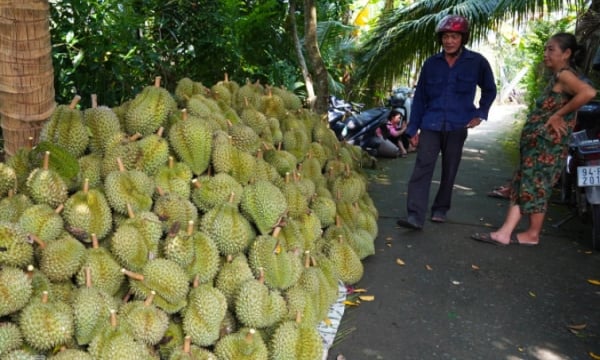
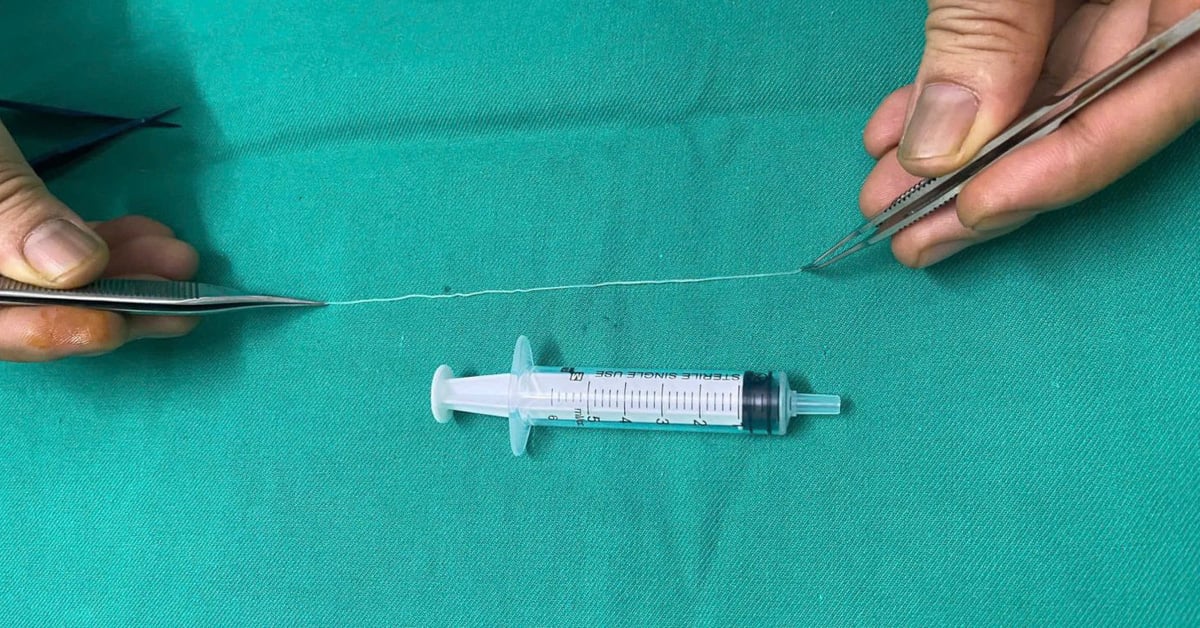


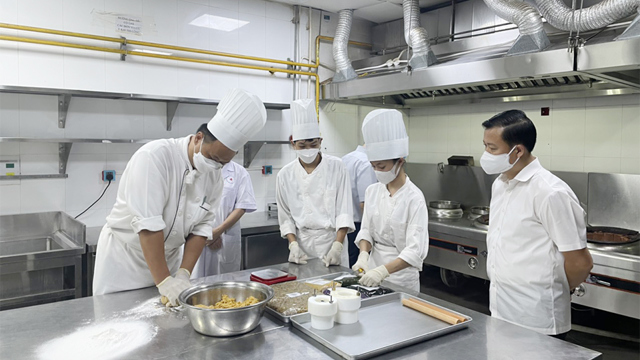

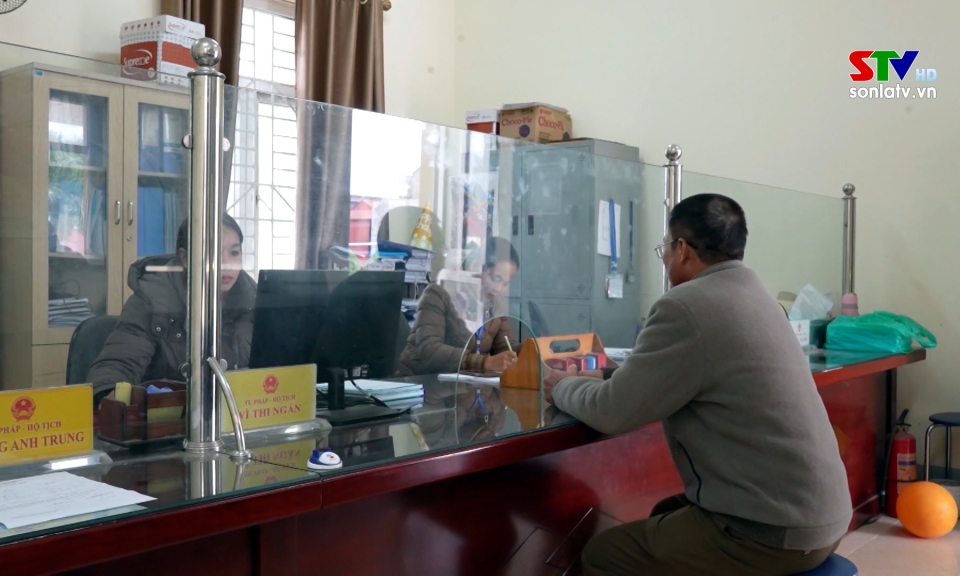













![[Photo] Overcoming all difficulties, speeding up construction progress of Hoa Binh Hydropower Plant Expansion Project](https://vstatic.vietnam.vn/vietnam/resource/IMAGE/2025/4/12/bff04b551e98484c84d74c8faa3526e0)











































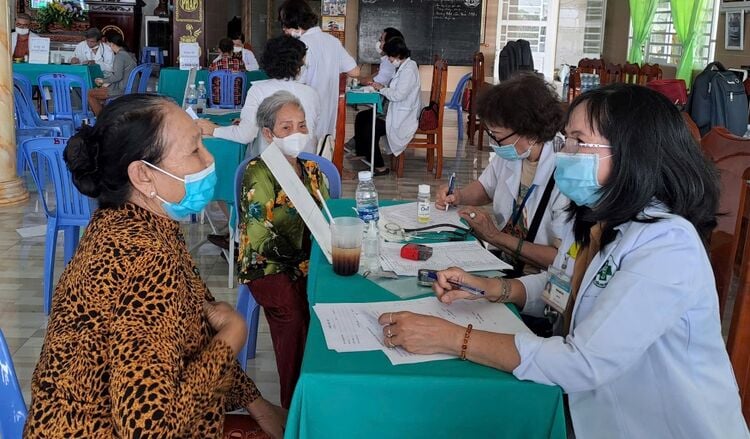



















Comment (0)